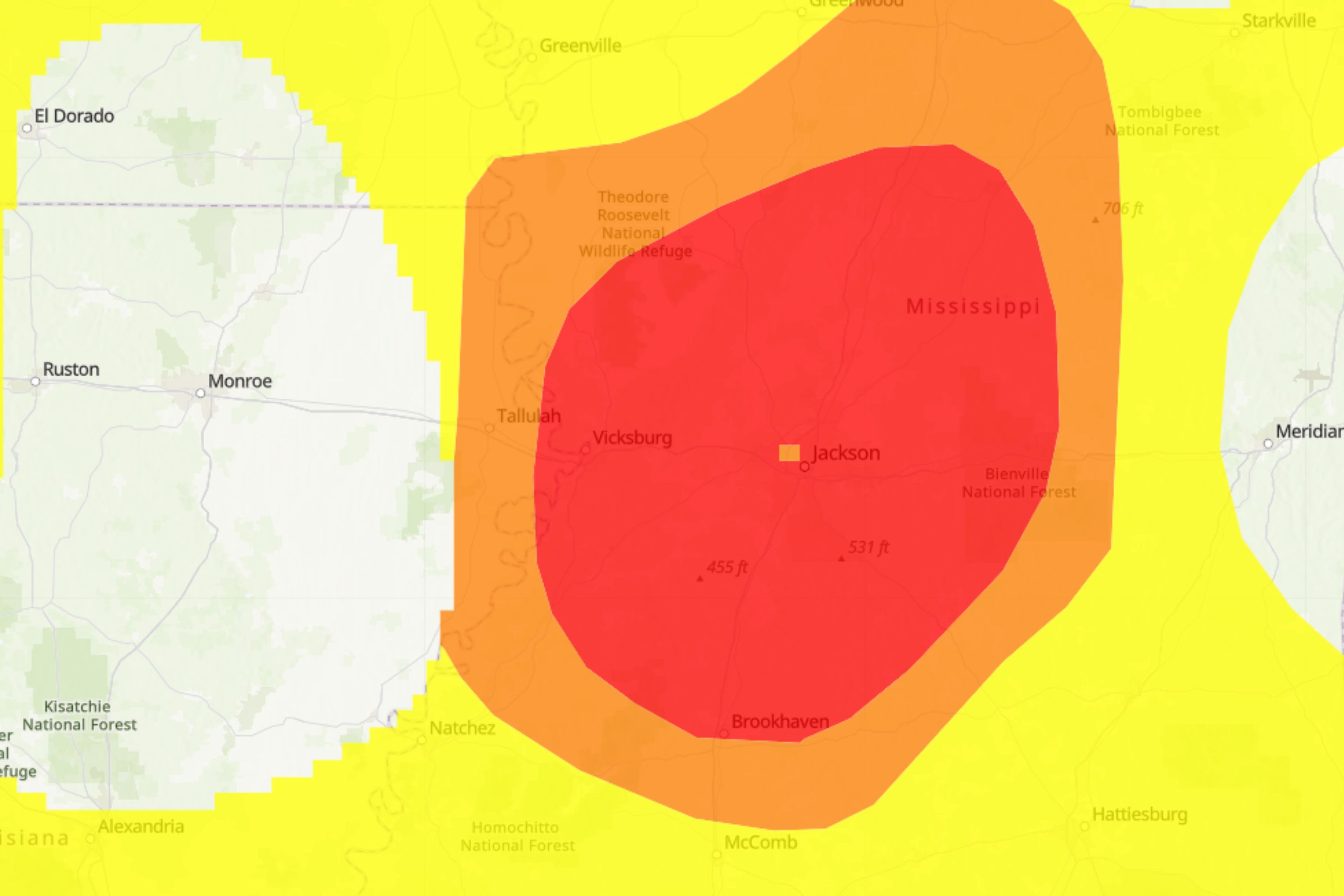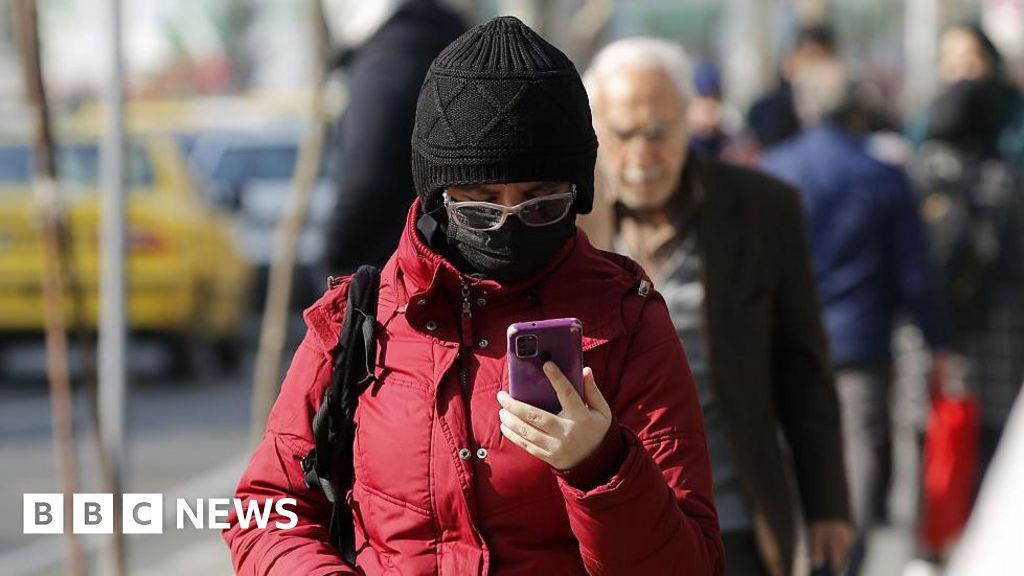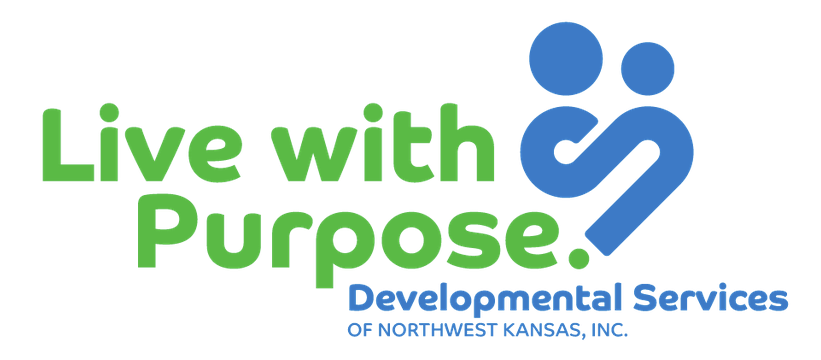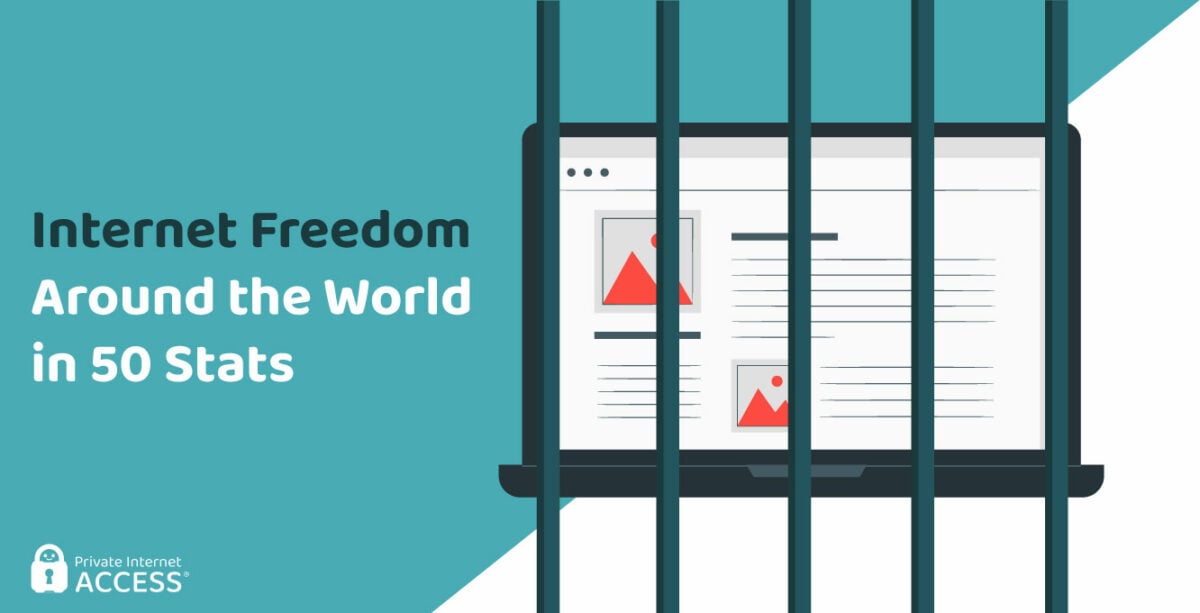President Aliyev places industry and innovation at centre of economic reform – AzerNews

Report on Azerbaijan’s Economic Diversification and Alignment with Sustainable Development Goals
Introduction: A Strategic Shift Towards Sustainable Economic Growth
The Republic of Azerbaijan is undertaking a strategic economic transformation aimed at reducing its dependency on oil and gas revenues. This initiative is foundational to achieving long-term sustainable and resilient growth, directly aligning with the United Nations Sustainable Development Goals (SDGs). The government’s comprehensive strategy focuses on strengthening non-oil industries, fostering innovation, and stimulating export-led growth, thereby contributing to several key SDGs, most notably:
- SDG 8: Decent Work and Economic Growth
- SDG 9: Industry, Innovation, and Infrastructure
- SDG 12: Responsible Consumption and Production
A central instrument in this national strategy is the Entrepreneurship Development Fund (EDF), which provides targeted financial support to catalyze growth in priority non-oil sectors.
The Entrepreneurship Development Fund (EDF): A Catalyst for Sustainable Development
Mission and Strategic Objectives
The Entrepreneurship Development Fund (EDF) is mandated to stimulate private sector investment in Azerbaijan’s non-oil economy. Its mission is to finance the establishment and expansion of production facilities, processing plants, and innovative enterprises that contribute to national economic goals. By providing preferential loans, equipment financing, and guarantee-interest subsidy mechanisms, the EDF ensures that private sector initiatives are harmonized with the national pursuit of SDG 8 and SDG 9. The fund prioritizes projects that are export-oriented or substitute imports, enhancing economic self-sufficiency and resilience.
2024 Performance and Contribution to SDG 8
In 2024, the EDF exceeded its financing targets, demonstrating significant impact on job creation and economic activity. Key performance indicators include:
- Total Financing Provided: 248.1 million manats were disbursed as preferential loans, surpassing the projected allocation of 200 million manats.
- Investment Projects Supported: 5,722 investment projects with a total value of 481.6 million manats were financed.
- Job Creation: These projects resulted in the creation of 4,334 new jobs, a direct contribution to achieving SDG 8 (Decent Work and Economic Growth) by providing stable employment opportunities.
Sectoral Investment and Alignment with Global Goals
Prioritizing Agriculture and Industry for Sustainable Futures
The EDF’s loan distribution reflects a strategic focus on sectors with high potential for diversification and export growth. In 2024, agricultural production received the largest share of financing (132.2 million manats), underscoring its importance for SDG 2 (Zero Hunger) through enhanced food security. Concurrently, financing for the production and processing of industrial goods increased by 28.9% compared to 2023. This investment in manufacturing and value-added processing directly supports SDG 9 (Industry, Innovation, and Infrastructure) by building resilient infrastructure and promoting inclusive and sustainable industrialization. The recent inauguration of the AZWOOL mineral stone wool plant, supported by the EDF, exemplifies this commitment to modern, sustainable industrial development.
A Holistic Approach to Economic Diversification
Beyond agriculture and industry, the EDF supports a broad spectrum of non-oil sectors to ensure inclusive and technology-driven growth. This diversified portfolio includes:
- Green Financing
- Digital Development and Innovation
- Tourism
- Medicine and Education
- Logistics and Aquaculture
This multi-sectoral approach ensures that Azerbaijan’s economic development is balanced and aligned with a wide range of SDGs, fostering a knowledge-driven and environmentally conscious economy.
Socio-Economic Impact and Advancement of the SDGs
Driving Decent Work and Private Sector Engagement (SDG 8 & SDG 17)
The EDF’s interventions generate tangible socio-economic benefits. By financing new enterprises, the fund is a primary driver of permanent job creation, improving livelihoods and stimulating regional development in line with SDG 8. Furthermore, by lowering financial barriers with concessional credit, the EDF actively promotes SDG 17 (Partnerships for the Goals) by strengthening public-private collaboration. This empowers the private sector to become a principal engine of innovation, productivity, and economic resilience.
Enhancing Competitiveness and Sustainable Production (SDG 9 & SDG 12)
A key focus of the EDF is to bolster the international competitiveness of Azerbaijani products. Enterprises receiving preferential loans are better equipped to meet international quality standards and expand into foreign markets, supporting initiatives like the “Made in Azerbaijan” brand. This export-oriented strategy helps integrate the national economy into global supply chains. By enabling the adoption of modern technologies, the fund also promotes more efficient and sustainable production methods, contributing to SDG 12 (Responsible Consumption and Production).
Conclusion: A Framework for Sustainable Economic Transformation
The Entrepreneurship Development Fund serves as a model for how targeted financial policy can drive structural economic transformation. Through its strategic allocation of preferential financing, the EDF accelerates industrialization, stimulates innovation, and promotes the production of high-quality, globally competitive goods. The fund’s integrated approach, which aligns with national priorities for job creation, technology adoption, and environmental sustainability, provides a robust framework for building a diversified, resilient, and knowledge-driven economy. Azerbaijan’s efforts, spearheaded by the EDF, demonstrate a clear commitment to achieving the Sustainable Development Goals and securing long-term prosperity beyond the oil sector.
Analysis of Sustainable Development Goals in the Article
1. Which SDGs are addressed or connected to the issues highlighted in the article?
-
SDG 8: Decent Work and Economic Growth
- The article’s central theme is Azerbaijan’s strategy for “economic diversification as a cornerstone of sustainable and resilient growth.” It repeatedly emphasizes the creation of “stable employment opportunities” and “permanent jobs” through the strengthening of non-oil industries, which directly aligns with the goal of promoting sustained, inclusive, and sustainable economic growth and full and productive employment.
-
SDG 9: Industry, Innovation and Infrastructure
- The article highlights the government’s commitment to “industrial diversification” and strengthening “manufacturing, processing, and industrial capacities.” The focus on financing new production facilities like the AZWOOL plant, encouraging the adoption of “modern technologies,” and supporting “innovative businesses” is directly related to building resilient infrastructure, promoting inclusive and sustainable industrialization, and fostering innovation.
-
SDG 17: Partnerships for the Goals
- The article describes a model of “strategic public-private collaboration,” where the government’s Entrepreneurship Development Fund (EDF) provides financial support to stimulate private sector initiatives. This partnership is presented as the primary driver of economic transformation, reflecting the essence of SDG 17, which aims to strengthen the means of implementation and revitalize the global partnership for sustainable development.
2. What specific targets under those SDGs can be identified based on the article’s content?
-
Targets under SDG 8: Decent Work and Economic Growth
- Target 8.2: Achieve higher levels of economic productivity through diversification, technological upgrading and innovation. The article’s entire focus on moving away from oil and gas revenues towards strengthening “non-oil industries,” adopting “modern technologies,” and fostering “innovation” directly supports this target.
- Target 8.3: Promote development-oriented policies that support productive activities, decent job creation, entrepreneurship, creativity and innovation. The EDF’s mission to provide “preferential loans and targeted financial support to enterprises,” which encourages entrepreneurship and results in the creation of “4,334 new jobs,” is a clear implementation of this target.
-
Targets under SDG 9: Industry, Innovation and Infrastructure
- Target 9.2: Promote inclusive and sustainable industrialization. The government’s strategy to “strengthen non-oil industries” and the inauguration of new industrial facilities like the AZWOOL plant are direct efforts to accelerate industrialization in a sustainable manner.
- Target 9.3: Increase the access of small-scale industrial and other enterprises to financial services, including affordable credit. The EDF’s role in providing “preferential loans,” “soft loans,” and “equipment financing” to enterprises is a direct mechanism to achieve this target, lowering financial barriers for businesses in the non-oil sector.
-
Targets under SDG 17: Partnerships for the Goals
- Target 17.17: Encourage and promote effective public, public-private and civil society partnerships. The article describes the EDF’s model as a “strategic public-private collaboration” where public funds are used to catalyze private investment and align “private sector initiatives with national economic goals,” perfectly illustrating this target.
3. Are there any indicators mentioned or implied in the article that can be used to measure progress towards the identified targets?
-
Indicators for Job Creation (Target 8.3)
- The article explicitly states that the investment projects in 2024 “created 4,334 new jobs.” This is a direct quantitative indicator of progress in employment generation.
- The mention that one company, Matanat-A, “employs approximately 1,000 people” serves as a case-specific indicator of employment by supported enterprises.
-
Indicators for Financial Support and Investment (Target 9.3)
- Volume of financing: The EDF provided “248.1 million manats” in soft loans in 2024. This figure measures the scale of financial services being extended to enterprises.
- Number of projects financed: The funds supported “5,722 investment projects,” indicating the breadth of the EDF’s reach.
- Total investment value: The projects had a “total value of 481.6 million manats,” showing the total economic activity stimulated.
- Sectoral distribution of loans: The allocation of “132.2 million manats” to agricultural production is an indicator of targeted financial support.
-
Indicators for Industrial Growth (Target 9.2)
- The article notes that financing for the “production and processing of industrial products… rose by 28.9% compared to 2023.” This percentage growth is a key performance indicator for progress in industrial capacity building.
4. Table of SDGs, Targets, and Indicators
| SDGs | Targets | Indicators |
|---|---|---|
| SDG 8: Decent Work and Economic Growth |
|
|
| SDG 9: Industry, Innovation and Infrastructure |
|
|
| SDG 17: Partnerships for the Goals |
|
|
Source: azernews.az
What is Your Reaction?
 Like
0
Like
0
 Dislike
0
Dislike
0
 Love
0
Love
0
 Funny
0
Funny
0
 Angry
0
Angry
0
 Sad
0
Sad
0
 Wow
0
Wow
0












































































